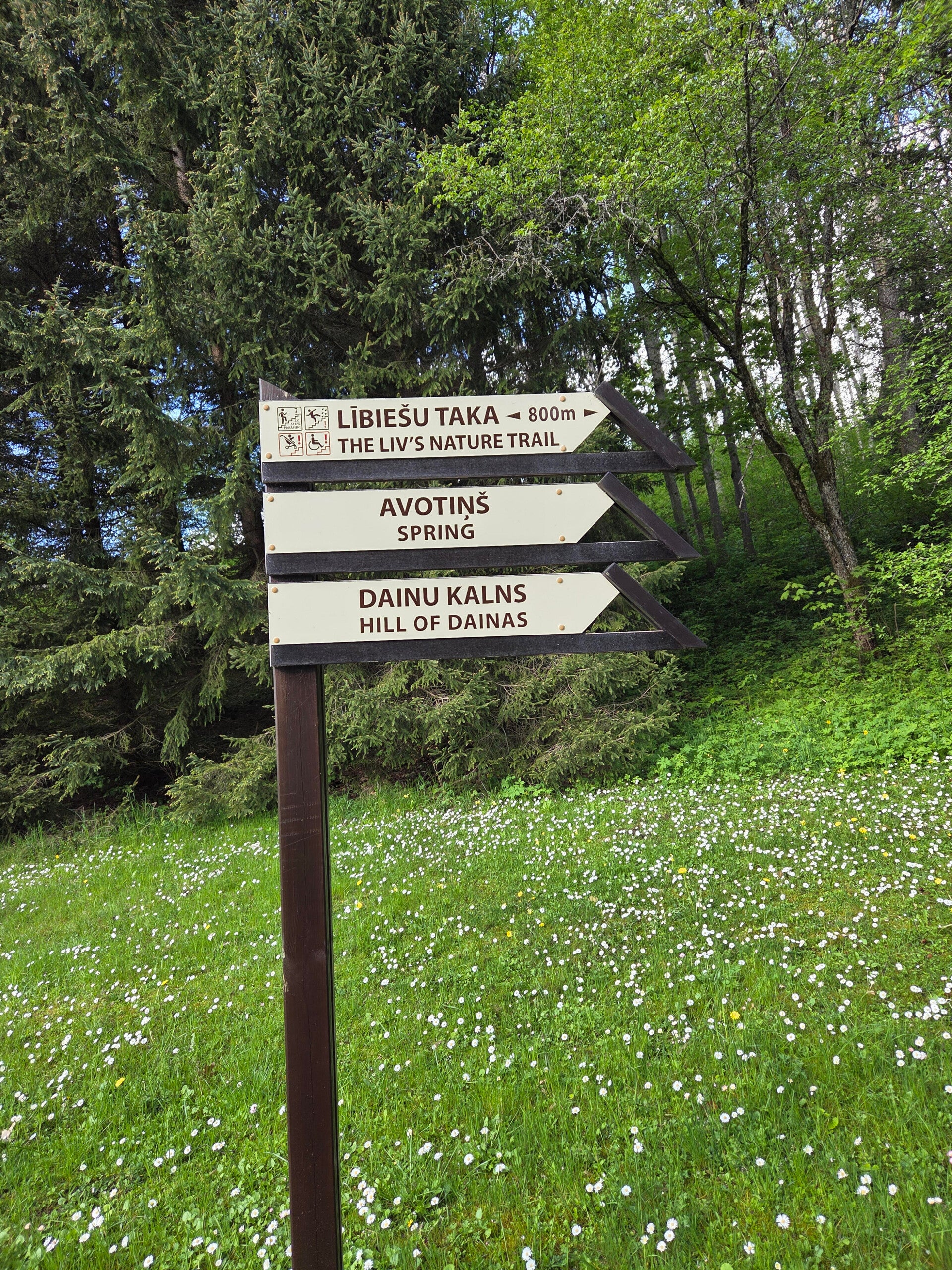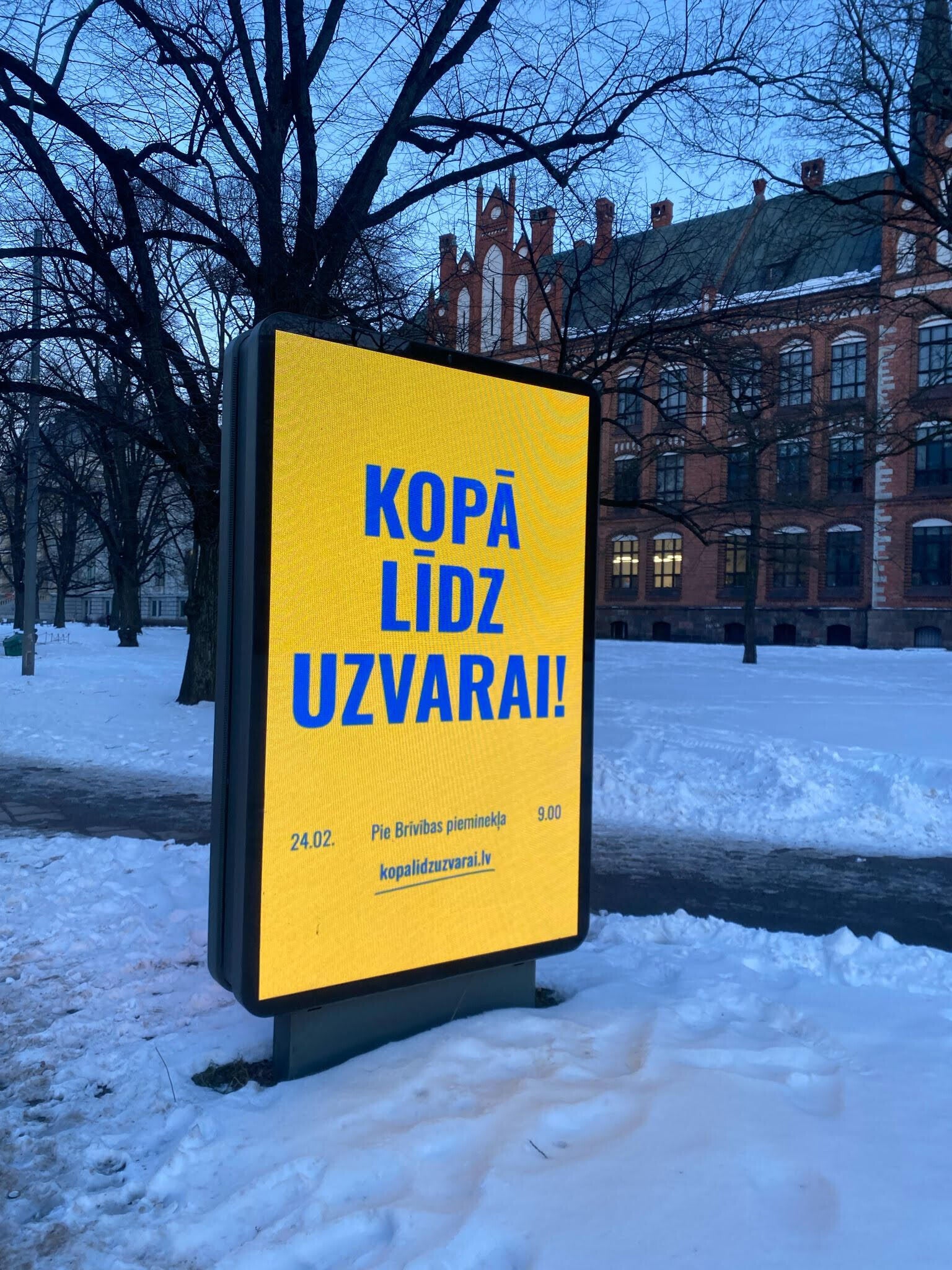Quick History of Latvian Language
Before the Soviet and Nazi occupations, Latvian was the official state language from 1918 to 1940. Once the Soviet Union fell in 1991, Latvia regained its independence and reinstated Latvian as the official state language.
While Latvian has some similarities to Russian in grammar and vocabulary, the two languages are overall different. They both derive from the Indo-European branch of languages but come from separate language branches, Latvian from the Baltic branch and Russian from the Slavic branch[1].
Since Latvian belongs to the Baltic branch of Indo-European languages, it is in the same language family as Lithuanian[1]. Lithuanian and Latvian are the only surviving languages of this Baltic branch. Prussian is just one example of the older Baltic languages which were once widely spoken and are now extinct, though many other Baltic languages once existed.

Use of Russian in Latvia
Since Russian history is intermingled with the modern territory of Latvia, a significant minority of the population still speaks Russian to this day. Unfortunately, the recent political climate has complicated the usage of Russian in everyday spaces in Latvia. Officially, Latvian is the only language that the government may utilize. This rule has caused some issues for Russian speakers who have not yet learned the Latvian language. Despite this, Russian is still commonly heard on the streets of major cities such as Daugavpils and Riga. These cities contain the largest Russian-speaking communities in all of Latvia. Even in regions outside of these hubs, Russian can often be used and understood.
The image pictured above shows how Latvian language looks compared to English.

The usage of Russian has been further complicated since Russia’s incursion into Ukraine in 2022. Nowadays, one will likely not find any evidence of how commonly spoken Russian is in Latvia. This observation is due to the Latvian government’s efforts to cut back on the usage of Russian in fear that it could be associated with support for the Russian government. Speaking Russian in public may be met with looks of disapproval by some. Such occurrences do depend on the location one may find themselves. If in a neighborhood that has a particularly high concentration of Russians, speaking either Latvian or Russian will not be anything out of the norm in these areas.
Another example of Latvian language, translates to English as “Together to Victory,” an event organized in support of Ukraine on the anniversary of its invasion.
Citations
[1] Mažiulis , Vytautas J. “Baltic Languages.” Encyclopædia Britannica, Encyclopædia Britannica, Inc., www.britannica.com/topic/Baltic-languages. Accessed 02 June 2025.
Create Your Own Website With Webador